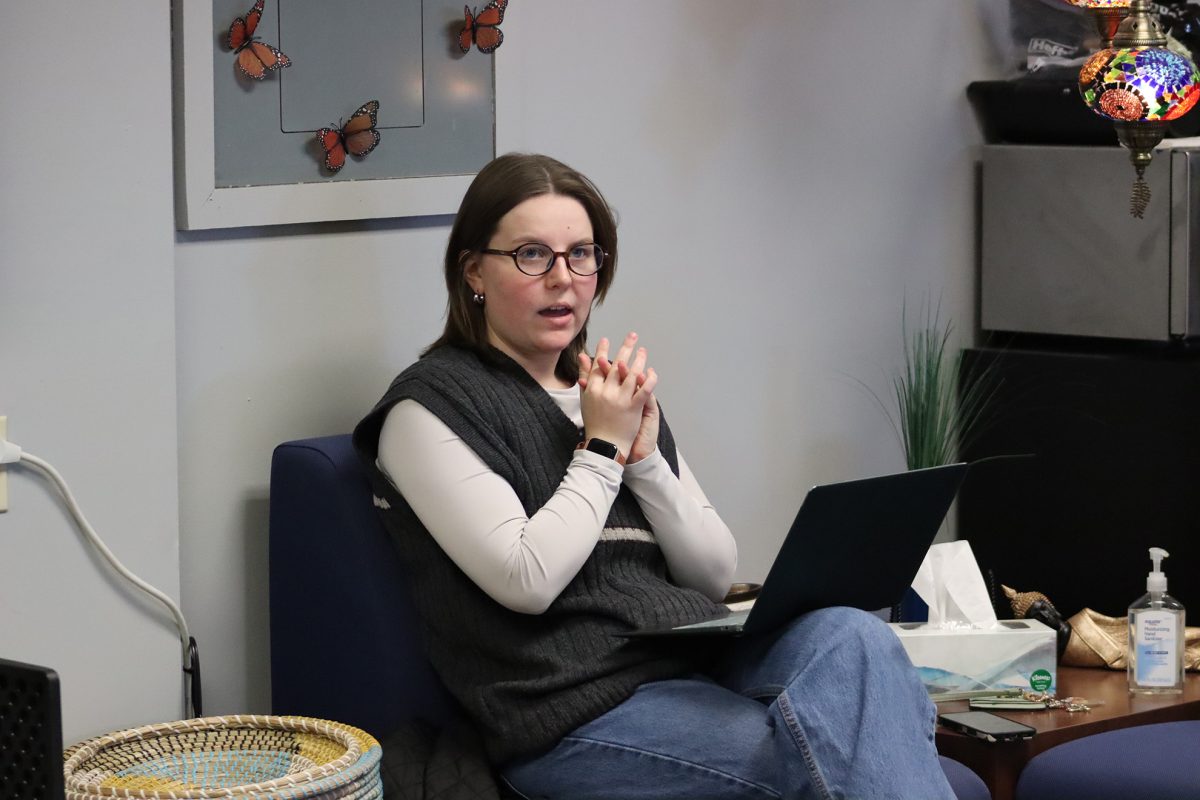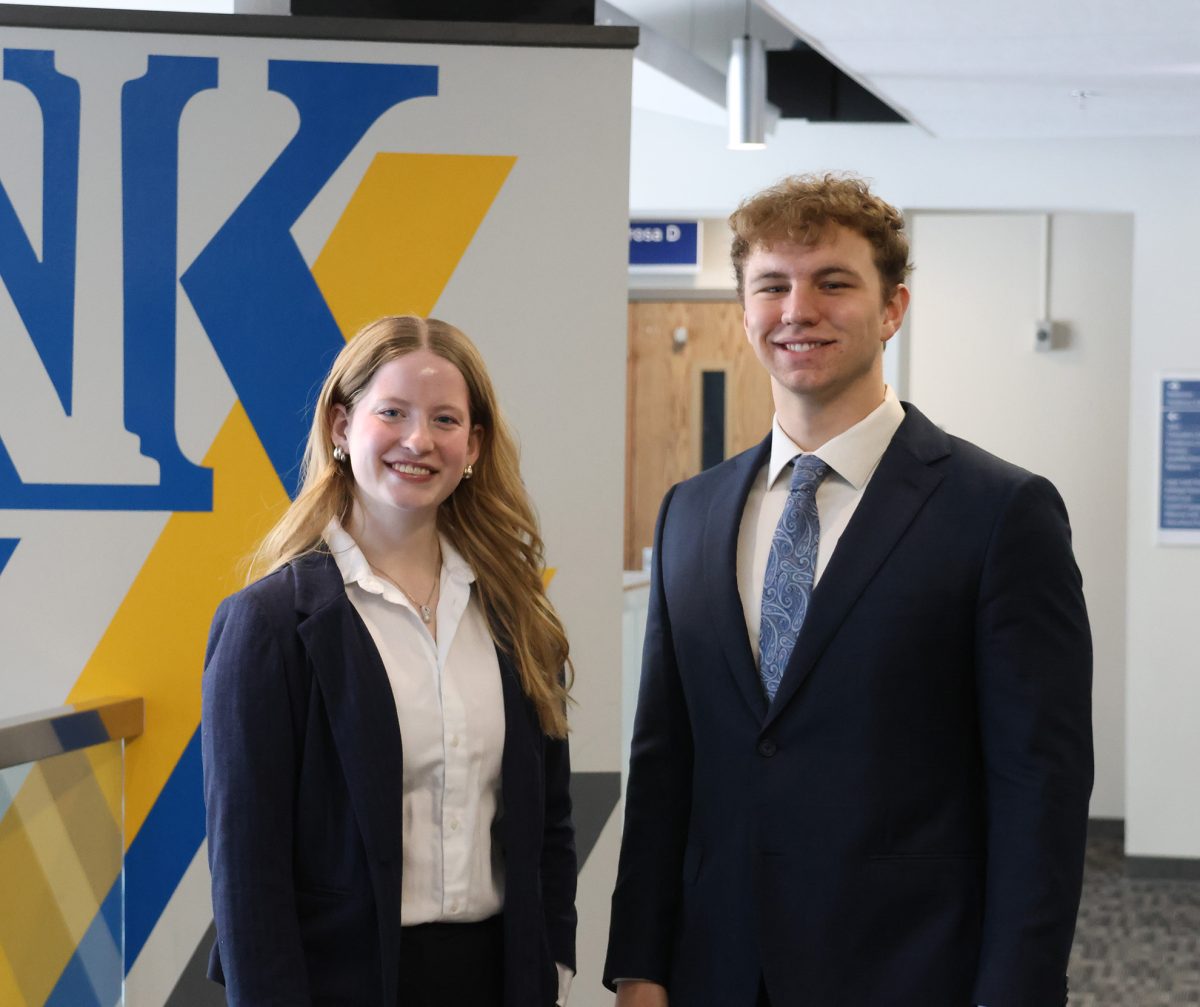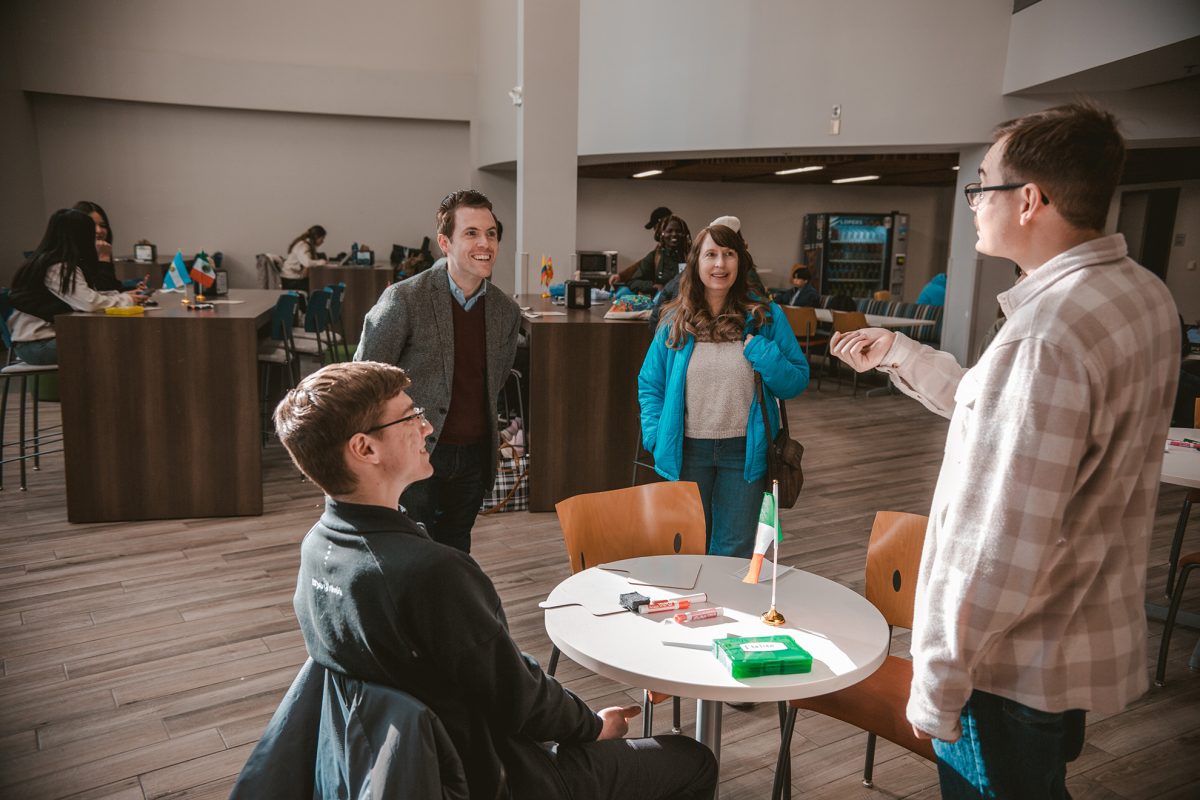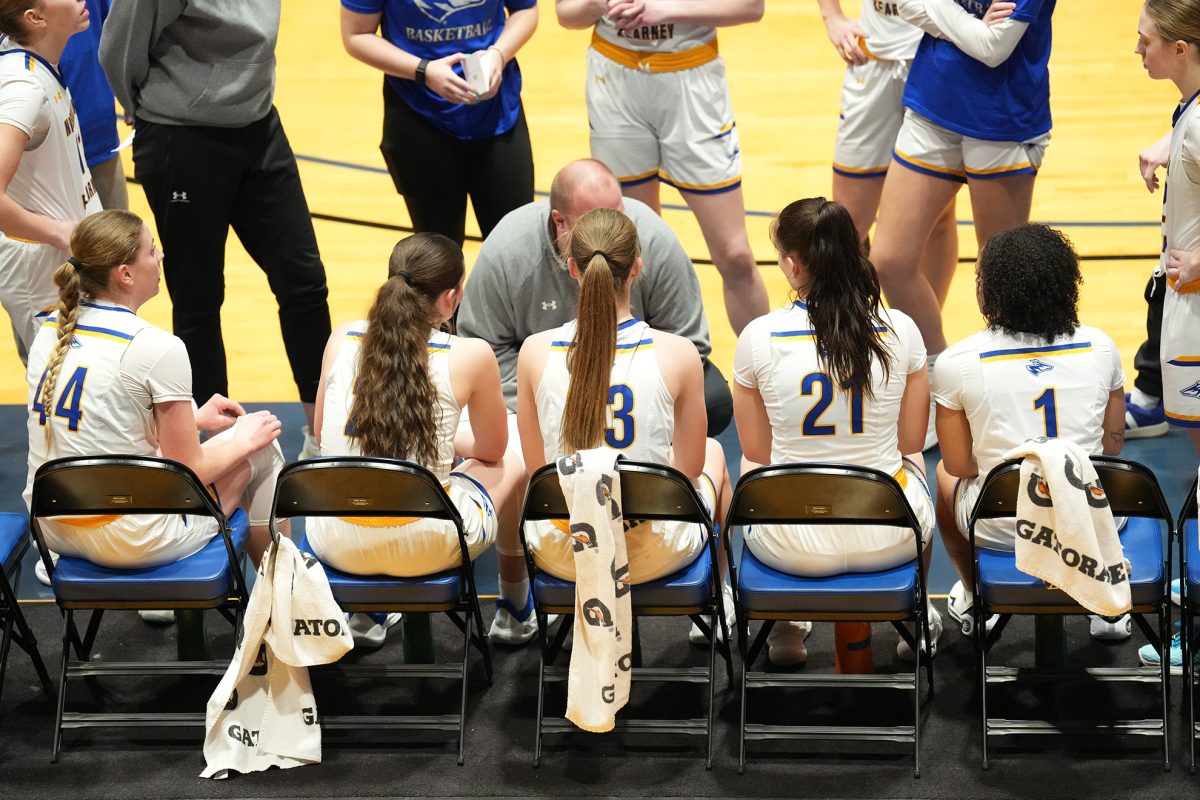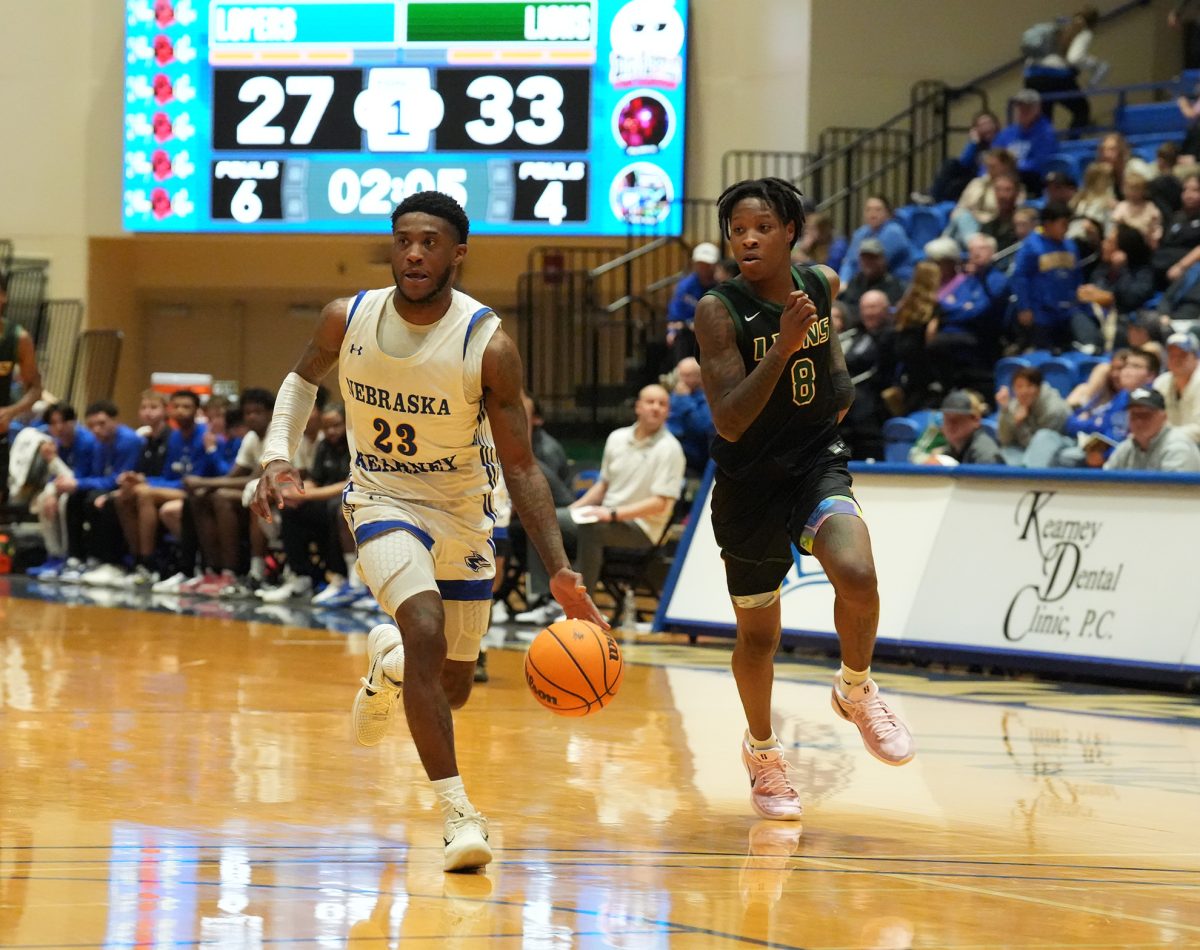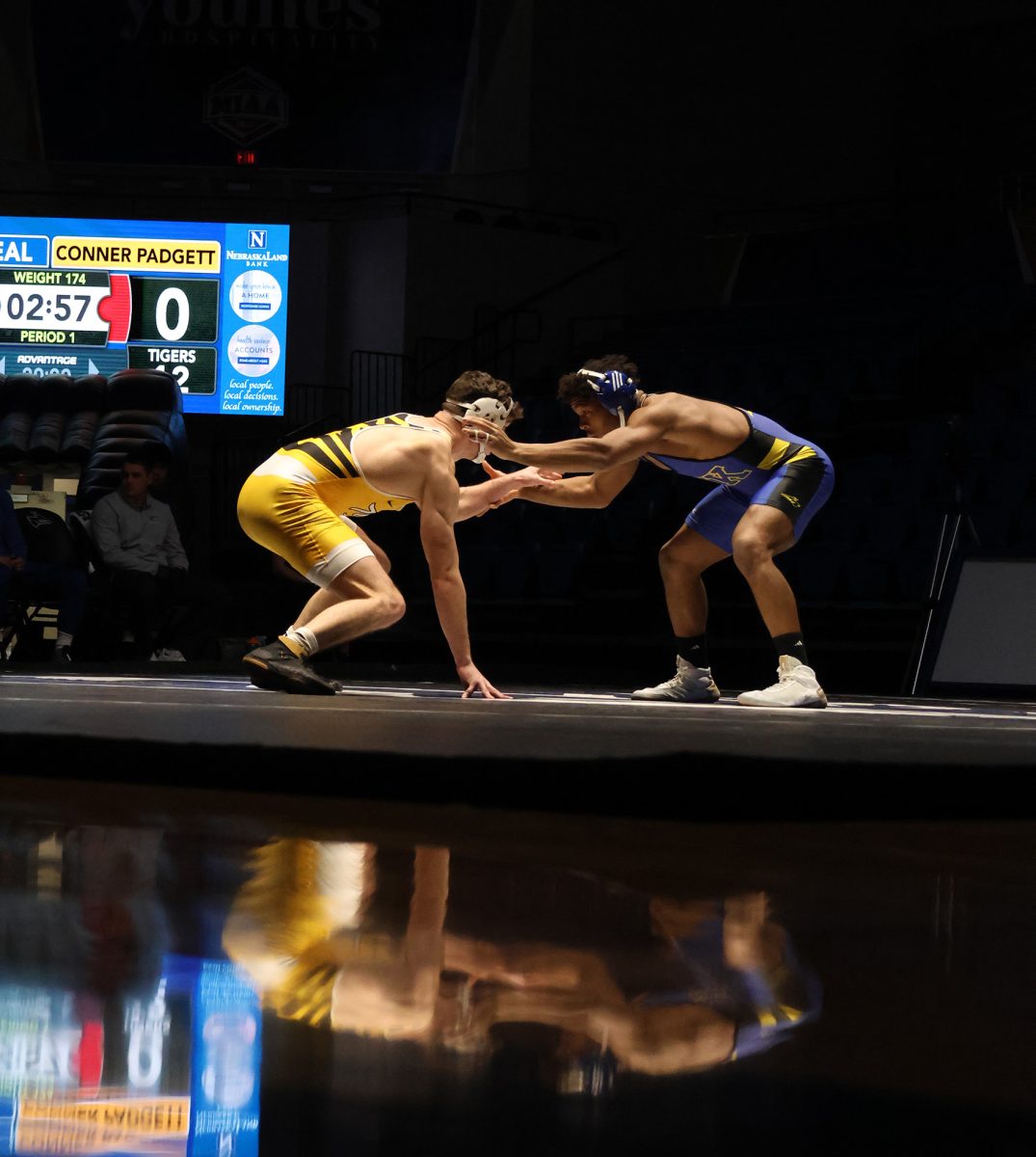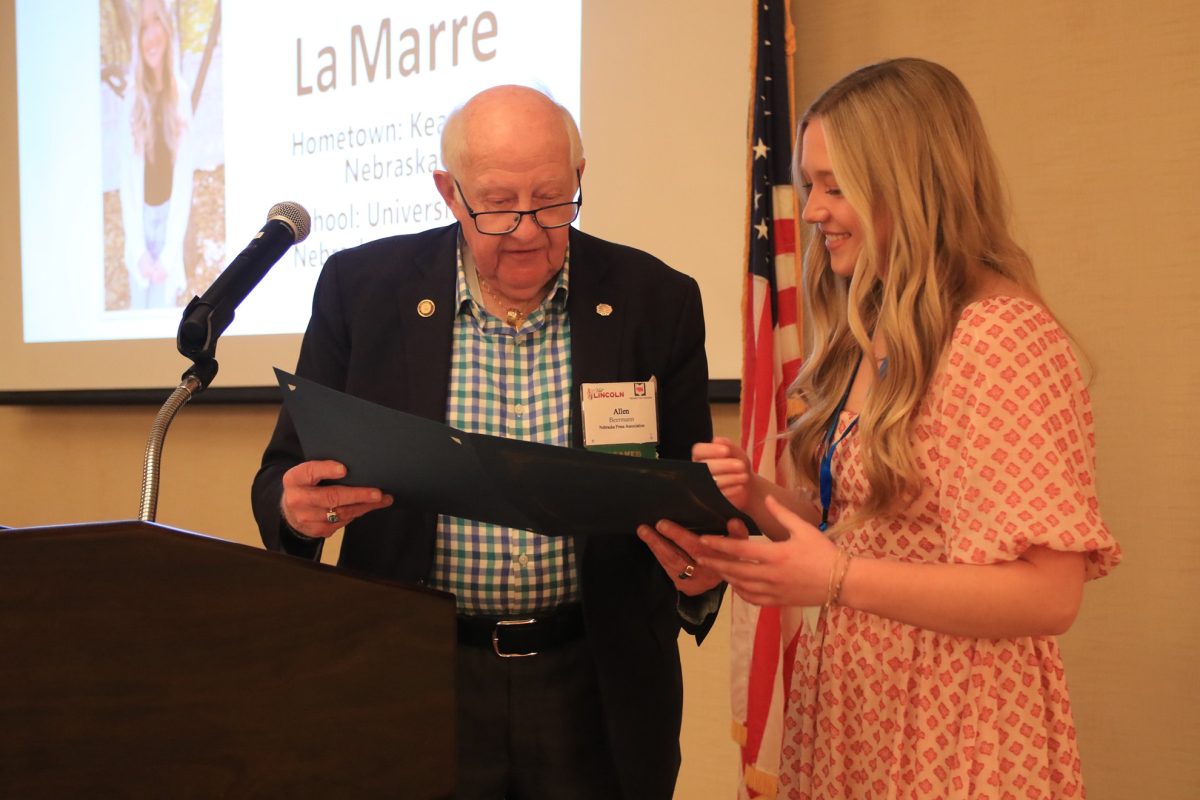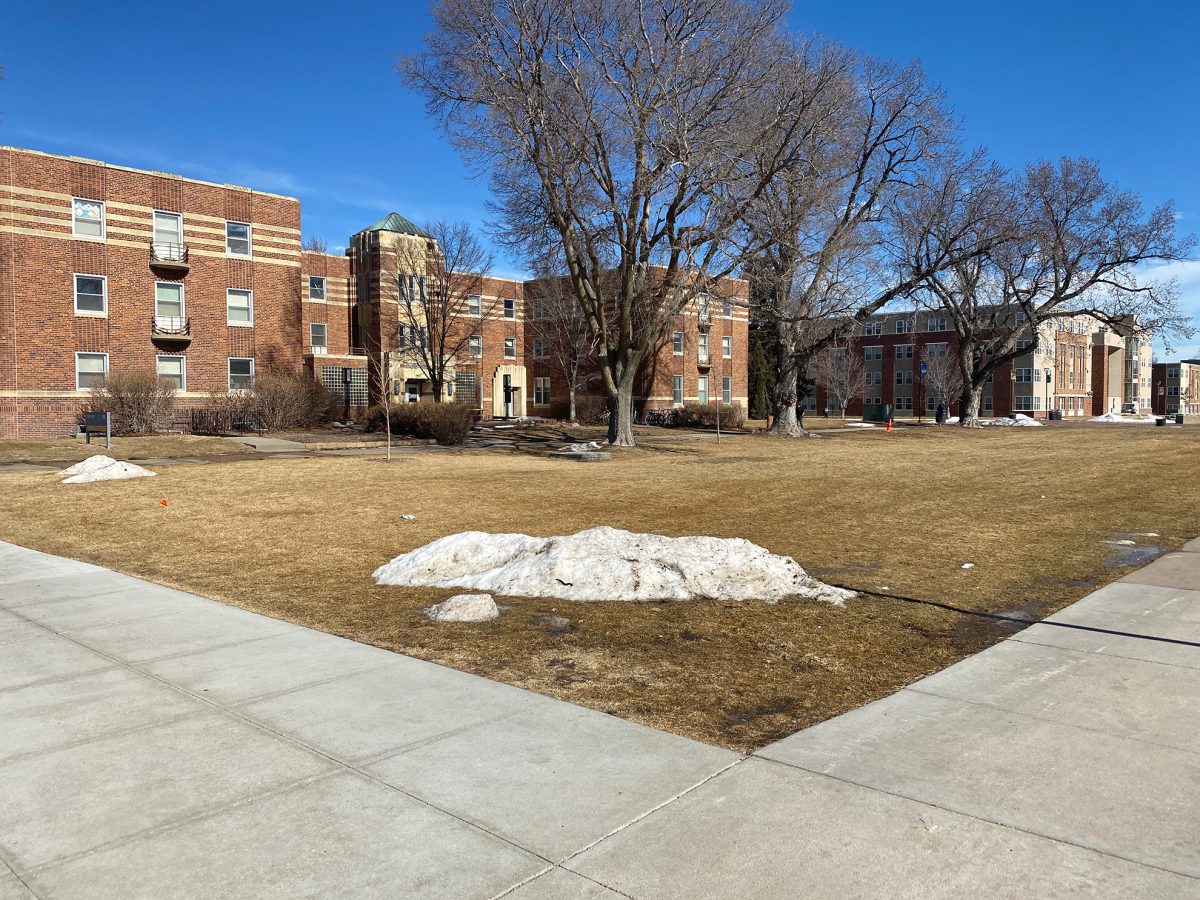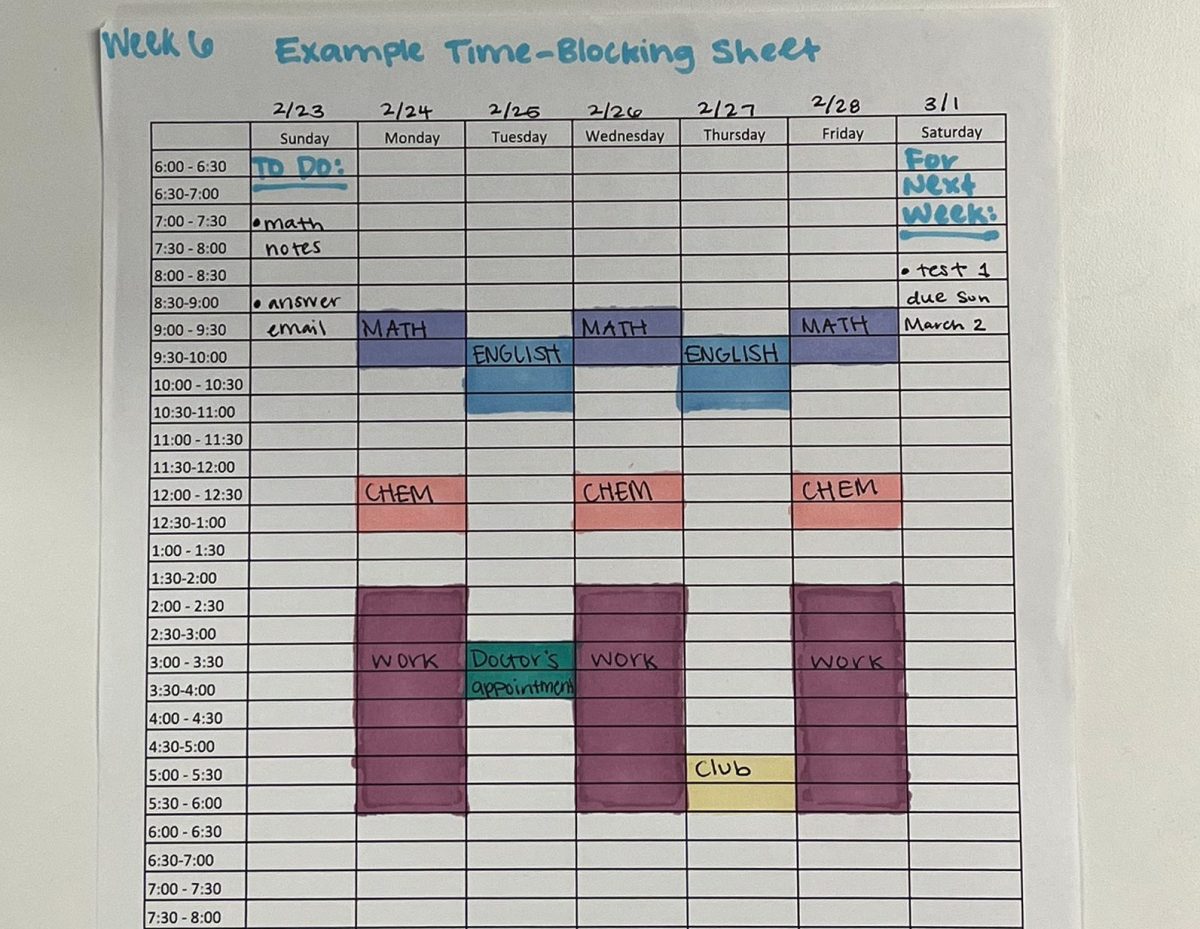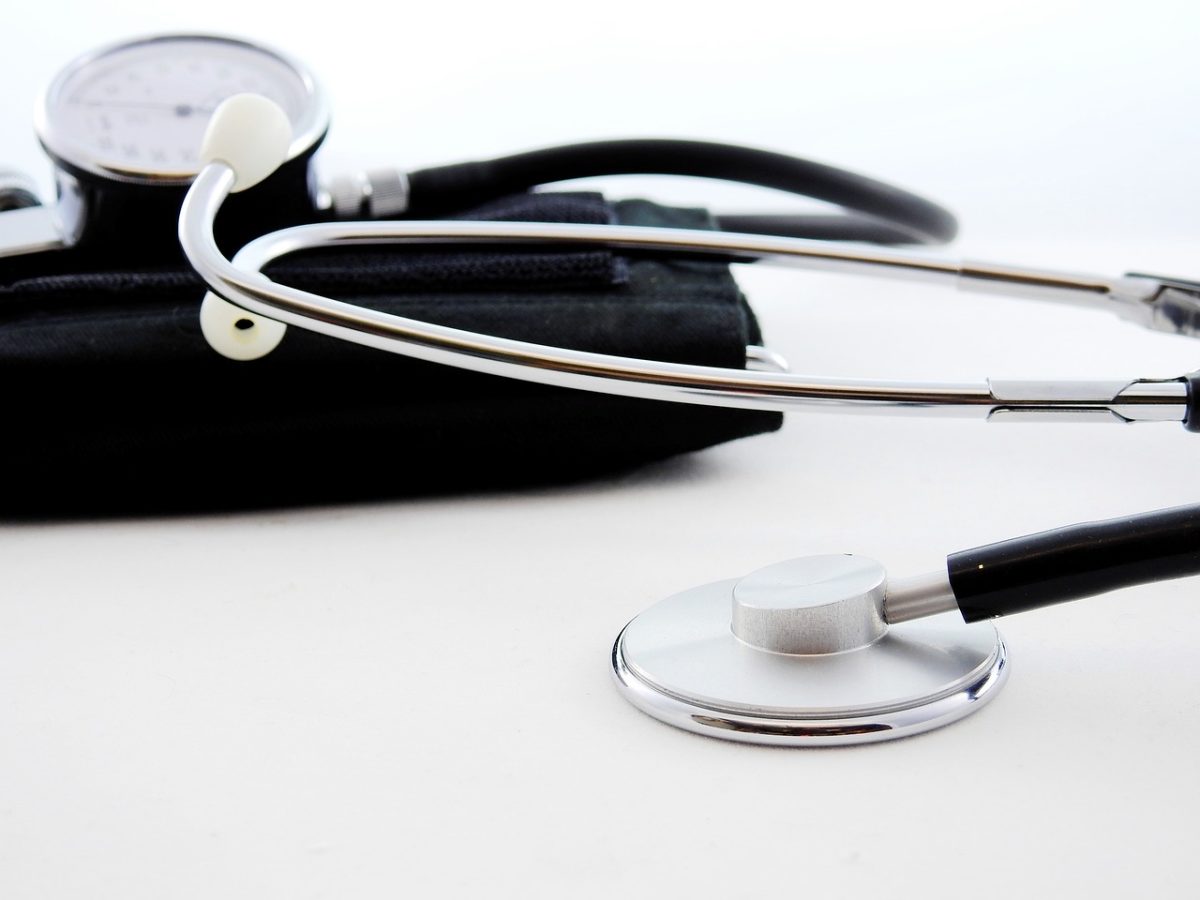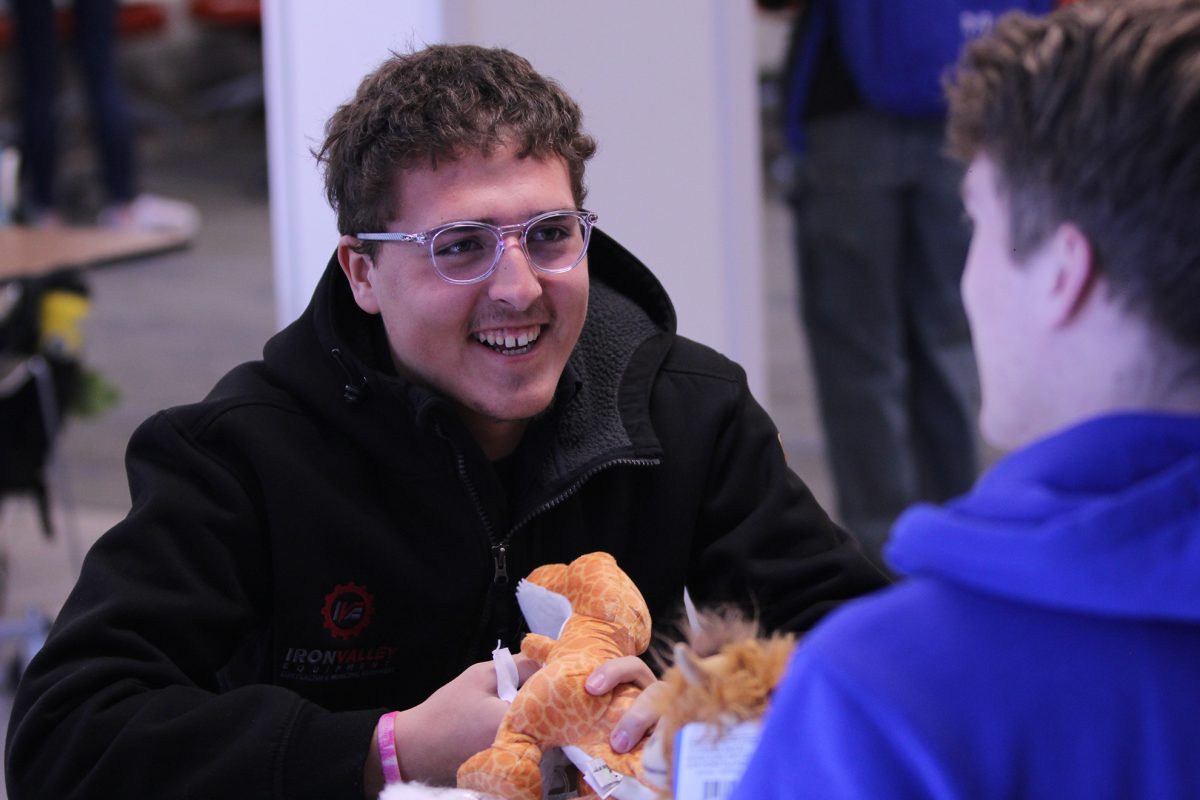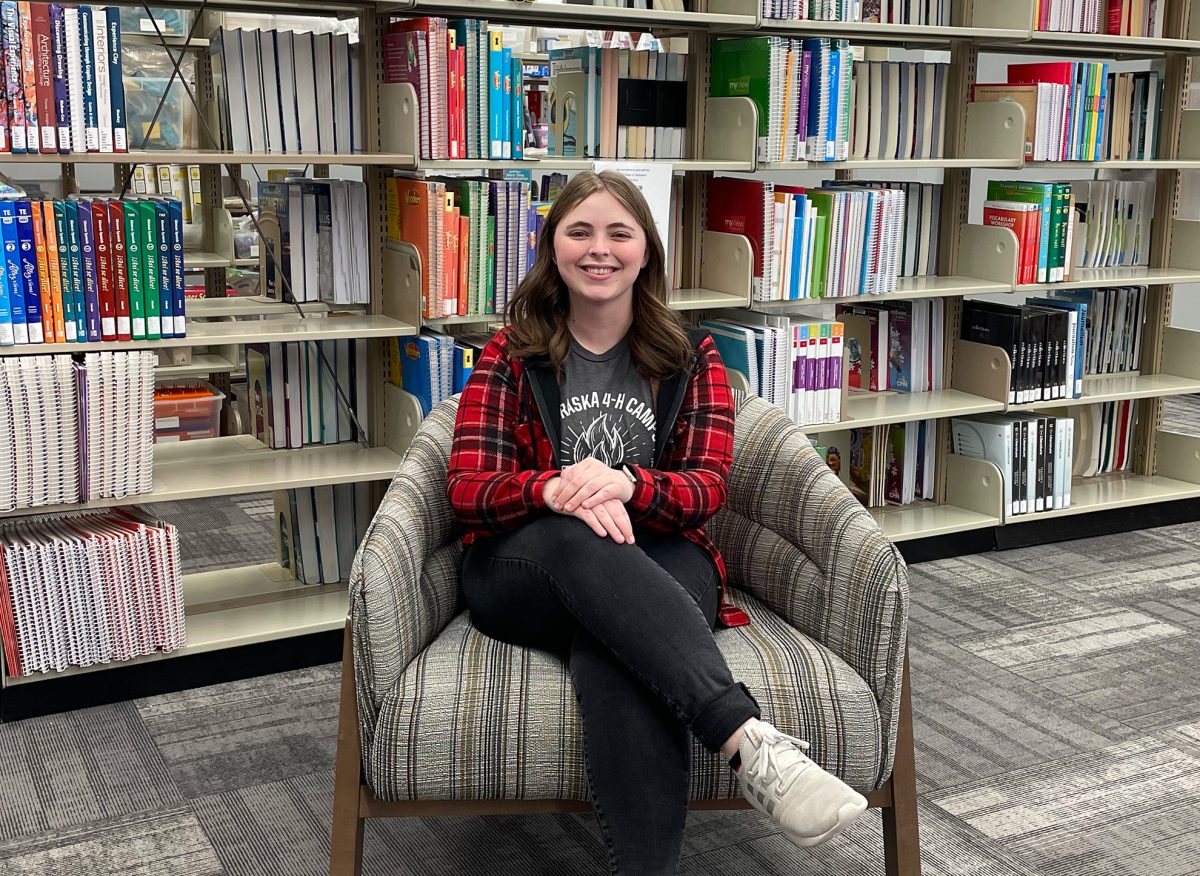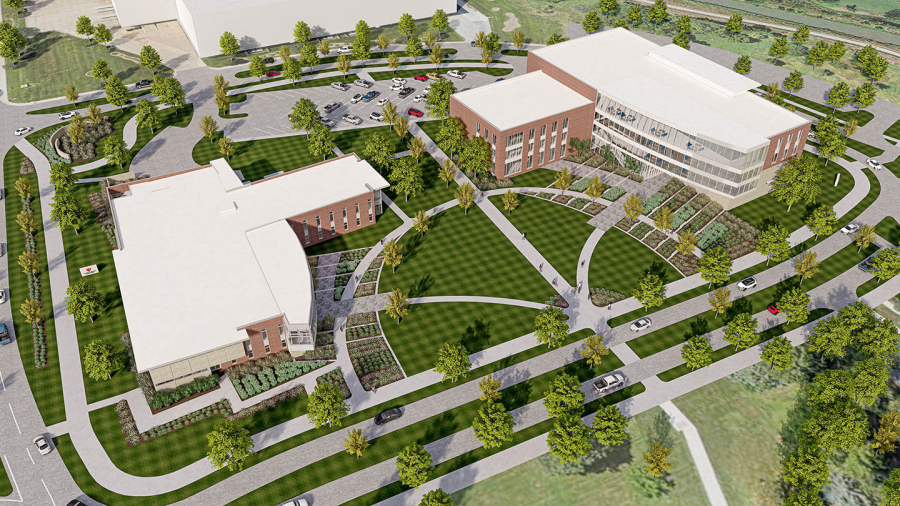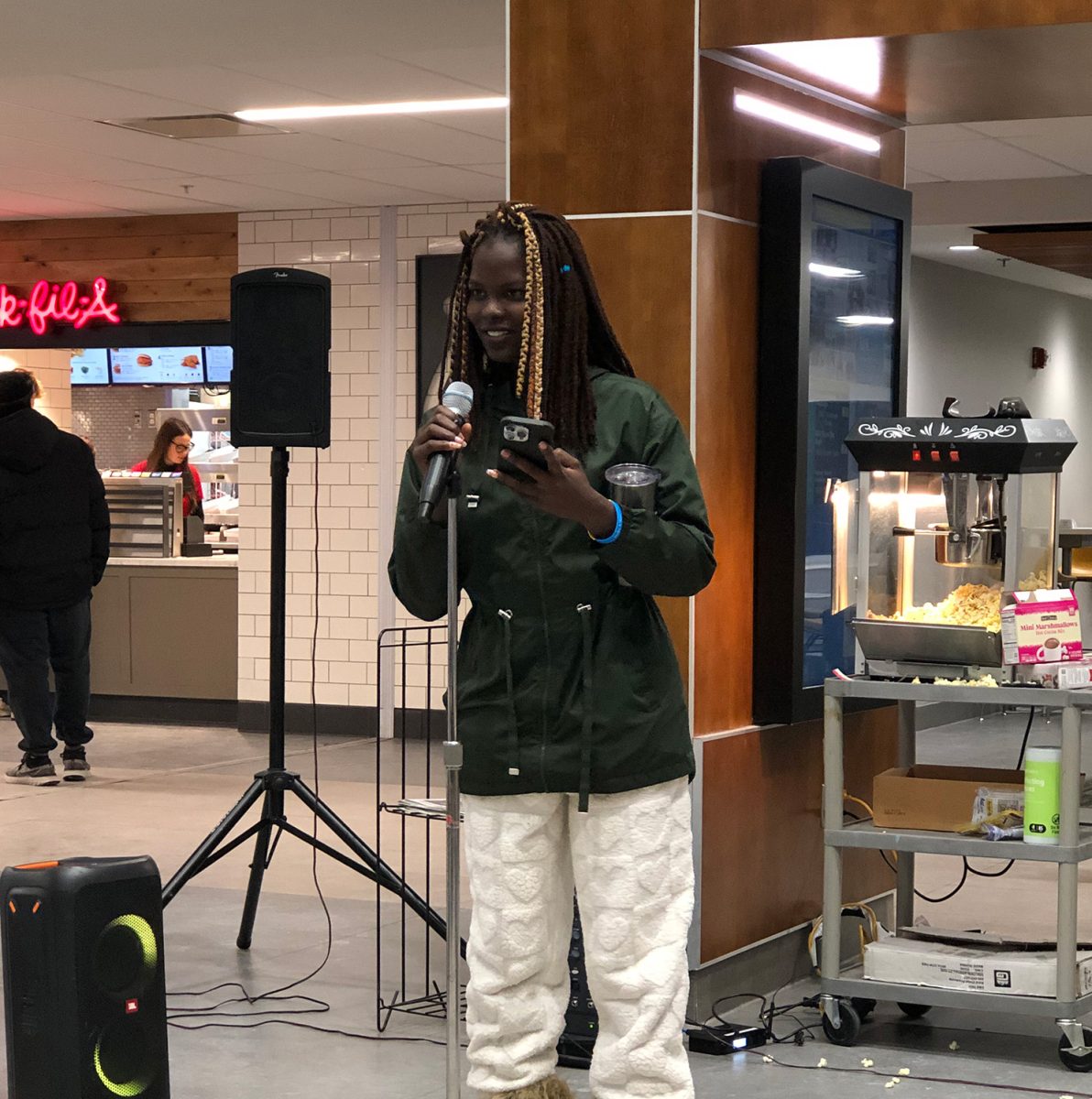hammekea@lopers.unk.edu
The 38th section of LB1014 appropriates millions of dollars for UNK, with $10 million dollars going toward startup costs and $50 million toward the construction of a building in the 2022-23 fiscal year.
The acceleration of the expansion is another ripple effect of the COVID-19 pandemic.
Too many opportunities, too little space
The program took off quickly when the Health Science Education Complex was built in 2015, but the expansion hit a major roadblock: funding.
“Clearly the facility expansion that we were going to do for healthcare has been planned out,” said Chancellor Doug Kristensen. “What we lacked were the one-time funds to be able to build a building. In 2019, we had no idea that there was going to be the volume of federal funds that rolled into the state of Nebraska.”
Leaders looked for ways to during COVID-19 jumpstart the economy. Nebraska received $1.04 billion in American Rescue Plan funding.
“A lot of hands were out. For a billion dollars, they probably had three times that of requests,” Kristensen said. “The good thing about our project is that it is a good investment long term that will be here for generations.”
Fighting for approval
LB 721 was introduced on Jan. 5 by Rep. Robert Hilkemann (Omaha); with Rep. John Lowe (Kearney), Rep. Matt Williams (Gothenburg) and Rep. John Stinner (Gering) as co-sponsors. The $60 million effort would use the federal relief funding to expand programs within the University of Nebraska system.
Of the eight bills, three represented UNO; three represented UNMC, two represented UNL and LB721 was the lone bill representing UNK.
All eight bills were represented with $185 million dollars on the line on Feb. 17 in front of the Appropriations Committee.
All eight proposals had one or two people testifying in support of the bills. UNK had multiple individuals supporting LB721, and the rural connection with the senators.
LB721 had five testifiers, including UNK Chancellor Kristensen, UNMC Chancellor Dr. Jeffrey Gold and Juliann Sebastian, the dean of UNMC’s College of Nursing. Former KHOP student and Minden native Dr. John Craig spoke on behalf of the medical practitioners of rural Nebraska.
Rounding out the testimony was Noah Limbach, pre-physical therapy student and UNK’s former student regent.
“It was a really special opportunity, and I was very grateful that I was given the opportunity, but it was very nerve racking at first,” Limbach said. “Sitting up there, I just had to keep in mind that the student voice is a voice that is pretty unique. Most of the voices that they hear testifying are the Chancellor [Doug Kristensen], President Carter, Chancellor Gold and Senator Hilkemann, but they hadn’t heard from any students on this case.”
Three students testified including Limbach and Maeve Hemmer, UNO’s student regent.
The decision came down to officials like senator Stinner, who was a co-sponsor of the bill and served as chairperson of the Appropriations Committee.
“Senator Stinner is a huge champion for the university, and thankfully, the chairman of the Appropriations Committee,” Limbach said. “He was locked eyes the entire time, nodding his head, and as I was looking around at the rest of the committee, they were all doing the same.”
“The stars lined up”
The Appropriations Committee sifted through all the requests. With $4 billion of requests and $1 billion in requests, there was a lot to cut out.
Over a month later, the Appropriations Committee introduced AM2330 to LB1014, with the amendment passing 44-1, with four senators not voting. LB721 made it through into the larger spending package.
“We’ve been working on this for ten years,” Kristensen said. “We’ve been patient and we’ve taken every step needed to take to be ready for this moment. It just so happened that the stars lined up. The pandemic funds, the operating funds are in the state budget and they’ve never been. All of those aligned.”
LB1014 was passed in early April on a 40-4 vote. Less than a week later, Governor Pete Ricketts signed the bill into law, and the journey to expand the complex cleared one of its biggest hurdles.
More hurdles to clear
The west campus addition will pay dividends for many students in healthcare, including Limbach who will attend the Mayo Clinic in Minnesota before returning to Nebraska to practice physical therapy.
“This makes me much more excited to come back to Nebraska down the road,” Limbach said. “Just knowing that I can come back to Kearney and rural Nebraska and not be afraid of ‘maybe there’s no doctors that are going to be able to refer patients to me’ or ‘there’s no nurses that I’ll be able to talk to about patients that I am having.’ This new addition is making me more excited to come back and that’s the message that it’s sending statewide.”
Sen. John Lowe shares those sentiments as he co-sponsored the original legislation.
“There’s movement. It shows that UNK is moving forward and we are no longer the forgotten child of the university — that the university sees that there’s an importance to educating physicians in rural Nebraska” Lowe said.
Excitement aside, Limbach understands that there’s work still to be done to improve rural Nebraska healthcare.
“Kearney, Nebraska is not the same as Imperial, or Superior and other places across Nebraska,” Limbach said. “We have to be able to take that culture that we have here in Kearney and be able to export that.”



